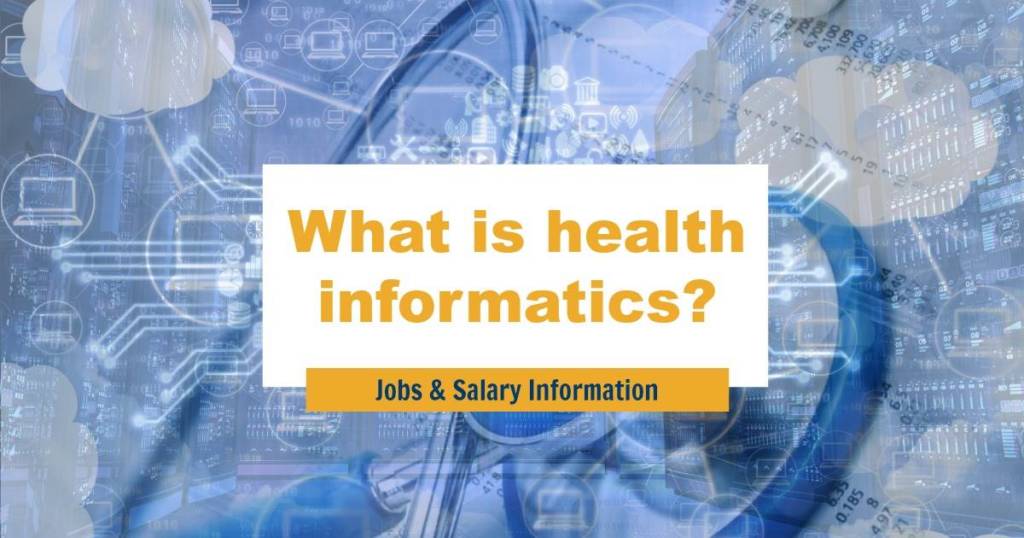Medical Experience Plus Master’s Degree: A Prescription for Success
It goes without saying that becoming a doctor in the United States requires an incredible amount of hard work, talent, training and perseverance. For foreign medical graduates, the pathway to becoming a practicing physician in America is even more challenging — even for those who are already certified to practice medicine in their home country.
That’s because to practice in the U.S., foreign medical graduates (also called FMGs) must pass a grueling and costly series of licensure and residency requirements. The regimen is intended to ensure that foreign-trained physicians are qualified to provide safe and effective patient care, but critics contend that it ends up creating overwhelming barriers for capable doctors, at a time when the U.S. is suffering from a shortage of practicing physicians.
The entire multi-year process can be so intense and time-consuming (up to eight years) — as well as extremely expensive — that many FMGs decide to seek other professional opportunities in the medical world.
Why Health Care Informatics is a Good Career Choice for FMGs
The good news is that there is a world of opportunity for foreign medical graduates to work in the United States. One career path that may hold the most promise of all for FMGs and others who want to make a difference in the medical field — health care informatics.
The federally mandated transition to the use of electronic health records (EHRs) has made health informatics one of the nation’s fastest-growing job sectors. The rapid pace of change has also created a very real “skills gap” — as the growing number of good-paying health informatics jobs far outpaces the supply of qualified workers.
A recent Rendia article cites the need for those with a passion for health care and data science. “There are an ever-growing number of career opportunities for those who enjoy working with data, information, and knowledge to improve the health of individuals and the population in the field of biomedical and health informatics,” wrote William Hersh, M.D., professor and chair of the Department of Medical Informatics & Clinical Epidemiology at Oregon Health & Science University. “This field develops solutions to improve the health of individuals, the delivery of health care, and advancing of research in health-related areas.”
Employers in the health care field are seeking professionals who possess a highly sought-after combination of health care and information technology (IT) skills. This means the prognosis is bright for FMGs, whose medical training and clinical experience gives them an edge in competing for jobs in health care informatics.
[DOWNLOAD] Health Informatics Career Guide >>
And unlike some ancillary health care jobs that are available to non-credentialed medical professionals, health informatics jobs are well paid.
According to a survey by the Healthcare Information and Management Systems Society (HIMSS), professionals working in health informatics reported salaries ranging from $61,000 to $115,000. Higher-level positions, of course, have even greater earning potential. For example:
- Director of Clinical Informatics – $128,075
- Director of HIM – $90,763
- Clinical Informatics Coordinator – $84,058
Compensation in the health informatics field is high because the demand is soaring and the talent supply is short. Opportunities span the full spectrum of the health care experience — from public health, veterinary and dental care to nursing, biotech, telemedicine and the insurance industry.
To take advantage of these opportunities, foreign medical graduates will need to build upon their existing health care knowledge and experience by developing expertise in the design and management of databases, project management, leadership of health systems in the U.S., systems analysis and design, and more. The best way to develop and demonstrate competency in these areas is by completing a health informatics master’s degree program.
Health Informatics Field Poised for ‘Huge Growth’
Dr. Jonathan Mack, academic program coordinator for the health informatics master’s degree program at University of San Diego, said this is an exciting time for the field of health informatics.
“The federal government is predicting huge growth in this area over the next decade,” he said. “In fact, the major issue that the industry is now facing is the lack of individuals with training and experience to fill the many open positions.”
University of San Diego’s innovative master’s degree in health informatics includes comprehensive training in the industry-specific IT skills that foreign medical graduates (and others who already possess experience in health care) will need to position themselves for success. For example:
- Design and management of databases
- Application of information systems to solve clinical problems
- Integration of human/technology systems
- Design, implementation and evaluation of electronic health record systems
Students are also exposed to leadership and administrative issues specific to the U.S. health care environment, including strategic planning and management of health systems, financial management, and health system care delivery and outcomes.
USD’s Master of Science in Health Care Informatics is offered both online and on campus. The flexibility of the online format means students can earn their master’s degree on their own schedule in just 24 months. International students can even enroll and participate in the program from their home country.




